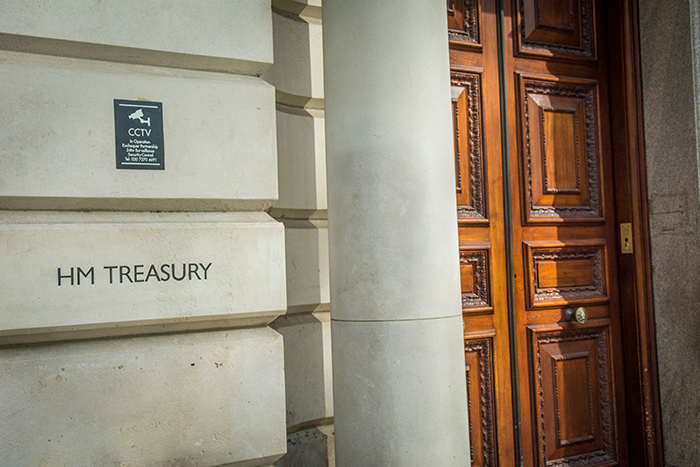Nathan Tankus is the research director of the Modern Money Network. He also writes the Notes on the Crises newsletter.
Hurricane Helene only dissipated September 29th, and Hurricane Milton — the first “category 6” hurricane, a category that has not yet even become generally accepted as a possibility — is set to make landfall today. Swift and sizeable disaster aid is going to be essential.
However, budgetary fights have left the Federal Emergency Management Agency with only stop-gap funding that they have already run through because of Hurricane Helene (along with four other natural disasters that have happened in the past few weeks alone.) Put simply, the funding to respond to Milton is not currently in place, and House Speaker Mike Johnson says he won’t call an emergency session of Congress to secure more FEMA funding.
Since Congress is only set to reconvene after the election, this could mean a new FEMA appropriations bill could take a month or more to be passed. Regardless of the final outcome in this particular situation, it’s clearly far from ideal for responses to increasingly disastrous hurricanes to live or die by ever more fickle vicissitudes of short-term Congressional appropriations negotiations.
Enter the bond market. The Council of Development Finance Agencies is pushing the creation of a permanent category of “disaster recovery bonds” that would be exempt from federal taxation and issuable on the declaration of a state of emergency at the state level.
The point is that a federal subsidy for disaster relief would be available instantaneously at the local level rather than having to wait on federal dollars, which are often painfully delayed and inadequate. It also would be at their initiative since the state government — or a “political subdivision” such as a county — could decide the quantity and timing of the bonds they issue.
Of course, municipal bond markets are infamously illiquid precisely because of their reliance on complicated tax exemption subsidies. So it’s questionable whether further reliance on tax exemptions is really the best approach to supplying timely disaster relief finance. Regardless of whether we do, liquidity support would surely make municipal issuers more confident.
If this is all sounding vaguely familiar, it should. The Federal Reserve created the Municipal Liquidity Facility in April 2020 to deal with the financial effects of Covid-19 on municipalities.
Despite various problems, including its onerous pricing, it establishes a firm precedent for using the Federal Reserve’s 13(3) authority to lend in “unusual and exigent circumstances” in order to support municipalities. If natural disasters are not “unusual and exigent circumstances”, nothing is.
What would such a program do? Provide direct lending to municipalities just as the Municipal Liquidity Facility did. Eligibility would, similar to CDFA’s proposal for permanent disaster relief bonds, be based on the declaration of a state of emergency at the state level (or the territorial equivalent). The facility should have uniform pricing, and maturities maximised to make the most effective disaster responses possible.
Still panicky about inflation — and risk adverse in general — it’s understandable that the Federal Reserve has not taken the initiative in getting involved in disaster relief financing. But the Fed isn’t simply a financial market policymaker; it’s America’s pre-eminent macroeconomic government agency. And disaster-ravaged areas are part of the economy too.
It would be a dereliction of duty for the Fed to not get involved in making disaster-financing smoother. Whatever concerns there would be from the demand effects of ensuring timely and sufficient disaster financing must be weighed against the supply chain and productive capacity effects of allowing recovery efforts to be slower and less sufficient.
More generally, this problem is probably only going to grow and grow in frequency and magnitude. Short-term considerations regarding the state of inflation shouldn’t define how the US central bank prepares for this. It should (if it has not already done so) develop contingency plans for a disaster relief liquidity facility.
If the Fed is unwilling to step into disaster financing for fear of Congressional criticism, then it should open such contingency plans up for public debate. Let the National League of Cities, the Council of Development Finance agencies, local constituencies and the general public react. Permanent natural disaster bonds would clearly fit seamlessly with such a liquidity facility proposal.
The Fed is, above all else, worried about its credibility and reputation. But being seen to help assistance reach ordinary people when they need it most would enhance its reputation in the public. Only acting urgently when bankers are in trouble is a reputational risk the Fed shouldn’t discount.








































































































































You must be logged in to post a comment Login